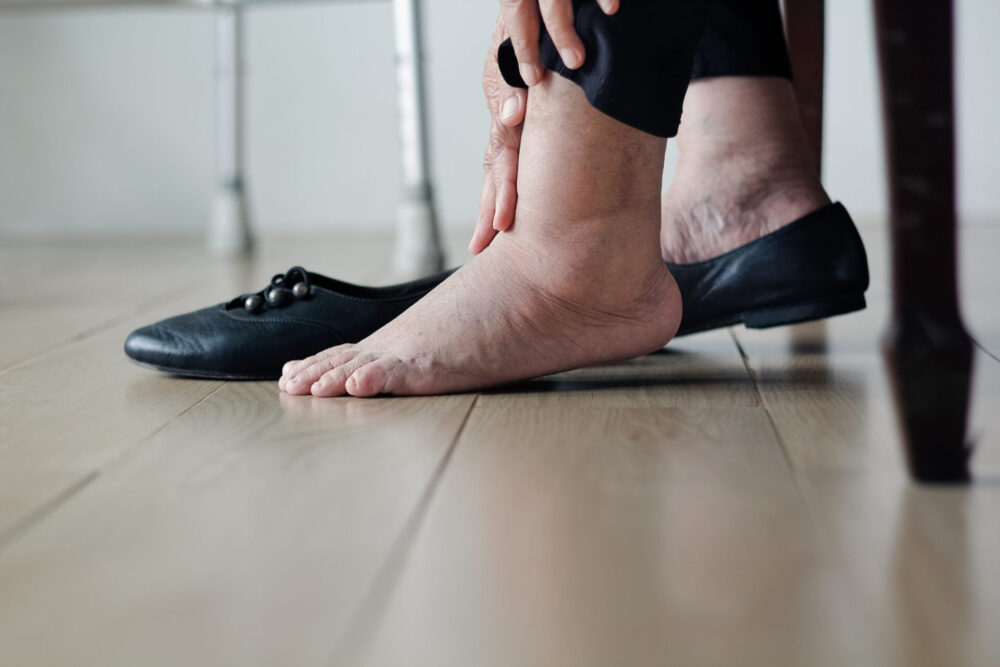HEART PALPITATIONS TREATMENT IN LONDON
Heart Palpitations Treatment
The treatment needed for your palpitations will depend on the cause. Your doctor will be able to give you more detailed information to help you manage the different health issues that could be causing your palpitations. If you don’t require medical treatment, you can manage your palpitations at home in various ways. Cutting out trigger foods and drinks can be invaluable. You can also try:
- Reducing your stress levels
- Breathing exercises
- Changing the position you sleep in
- Avoiding stimulants and illegal drugs
- Staying hydrated and eating healthily
For more information, please read our article on the 3 top tips to stop heart palpitations.
The heart can sometimes beat irregularly or at a higher or lower rate than normal. This is called an arrhythmia, which is very often experienced as a feeling of “skipped beats” or “palpitations”.
What Are Heart Palpitations?
Heart palpitations are the sensation of being aware of your heart beating. They are a common issue and not usually one that is a serious cause for concern. The feeling can last anywhere from a few seconds to a few minutes, and you may feel them in areas like your chest and neck.
Heart palpitations may feel like a fluttering, thudding or pounding in your chest, and many people find the sensation unpleasant. They can occur whether you are active or resting, but they are rarely a sign of a more serious underlying issue.

When To Worry About Heart Palpitations
Most often, heart palpitations are nothing to worry about. Frequently, palpitations can be caused by your lifestyle or stress levels. Some of the common causes of heart palpitations include:
- Caffeine
- Nicotine
- Alcohol
- Stress and anxiety
- Exercise
If these are the cause of your palpitations, then the symptoms should disappear within a few minutes. In some rare cases, palpitations can be a symptom of a much more serious condition like arrhythmia. Arrhythmias can be persistent, but more often appear intermittently. There are many different forms of arrhythmias. Some of them are not a cause for concern, but others are linked with significant heart abnormalities.
Talk to your doctor if you experience regular palpitations, arrhythmias or palpitations that last longer than a few minutes. See your doctor urgently if any of these symptoms accompany your heart palpitations:
- Loss of consciousness
- Angina (chest pain)
- Nausea
- Shortness of breath
- Unusual sweating
- Dizziness
These can be symptoms of a range of heart health conditions, including a heart attack or arrhythmia. If you are urgently concerned for your health or suspect you might be having a heart attack, you should call 999 for urgent medical attention.

Arrhythmia Symptoms
A heart arrhythmia is an irregular heartbeat caused by the electric signals that coordinate the heart’s beating failing to work as they should. This might cause the heart to beat too quickly, too slowly or irregularly. It is crucial to get checked out by your doctor if you notice the symptoms of arrhythmia. These include:
- Tachycardia – an abnormally rapid heartbeat
- Bradycardia – an abnormally slow heartbeat
- Chest pain
- Shortness of breath
- Sweating
- Fainting
- Dizziness
It is important to note that many of the symptoms of arrhythmia are similar to those experienced during an anxiety attack. You should get in touch with your doctor as soon as you can, who will be able to rule out different causes. They will also be able to direct you to help manage anxiety if this is the cause of your symptoms.
What Causes Heart Palpitations
There are many causes of heart palpitations, with most being relatively benign and often related to lifestyle. It may also be related to your heart, so it is critical to get checked out by your doctor if you have any of the symptoms listed above. Some of the causes of palpitations can include:
- Intense emotions, typically stress, anxiety and fear
- Panic attacks
- Strenuous activity
- Hormonal changes
- Long-term effects of COVID-19
- Some medications
- Stimulants such as caffeine, nicotine or some illegal recreational drugs
You might also experience palpitations if you have some medical conditions such as fevers, thyroid issues, dehydration or anaemia. Certain foods may also trigger heart palpitations. Consider cutting these foods out of your diet if this is the case.
Worried about your heart?
DON’T suffer in silence, seek expert help without delay
Heart Palpitations At Night
Heart palpitations can happen at any time, but some people experience them more at night than others. This is very common and can be due to the fact that we notice palpitations more when we are at rest compared to when we’re going about our day.
The symptoms of palpitations at night are similar to those during the day, including a thudding, fluttering or pounding in your chest and neck. You might also feel your heartbeat in your ear if you sleep on your side. Palpitations at night may be caused by the position in which you sleep. If you sleep hunched up on your side, this might be the cause of your palpitations. Consider trying a different position to see if this helps.
How Long Do Heart Palpitations Last?
Heart palpitations normally last from a few seconds to a few minutes. If your palpitations are lasting longer than this, you should seek professional medical advice as soon as possible. Palpitations can be unpleasant, even if they last only a few seconds. Avoiding triggers is the main way to prevent heart palpitations, and it may take some trial and error to find out what your specific triggers are.

When To See A Cardiologist
Heart palpitations aren’t pleasant, but they are not usually a cause for concern. However, it is still vital to seek a formal diagnosis from a medical professional as they may be a symptom of an underlying issue. There is a range of heart tests that your cardiologist might use to ensure your heart is healthy. These include:
Book An Appointment With A Private Cardiologist
It is always better to be safe than sorry when it comes to your heart health. While palpitations are not a cause for concern in most cases, it is best to get checked out to ensure all is well. Book a cardiologist appointment today at Expert Cardiologist for the best care and peace of mind you deserve.
GET IN TOUCH
Request A Call Back
Please fill in the contact form and we will call you back at a time most convenient for you.



